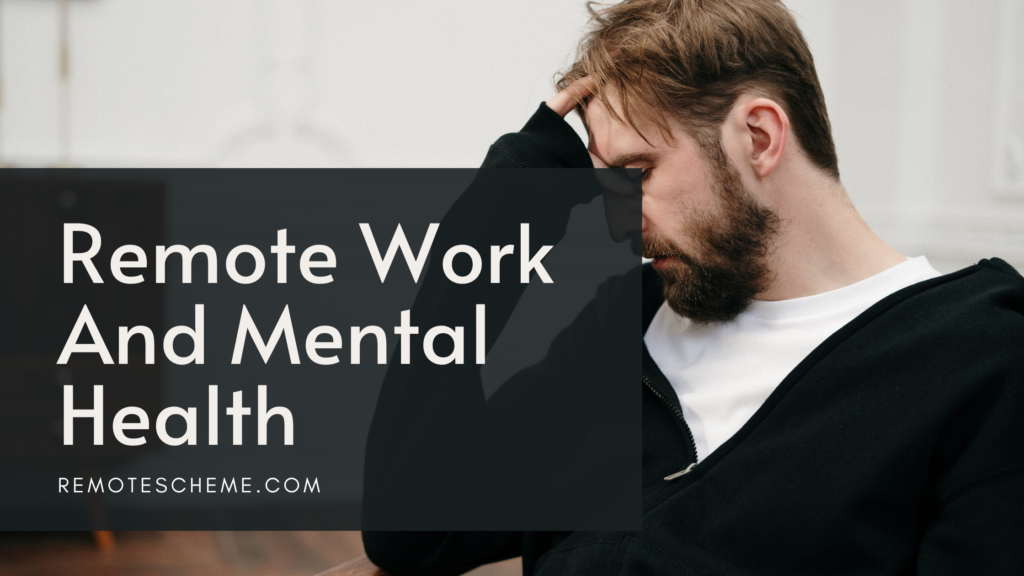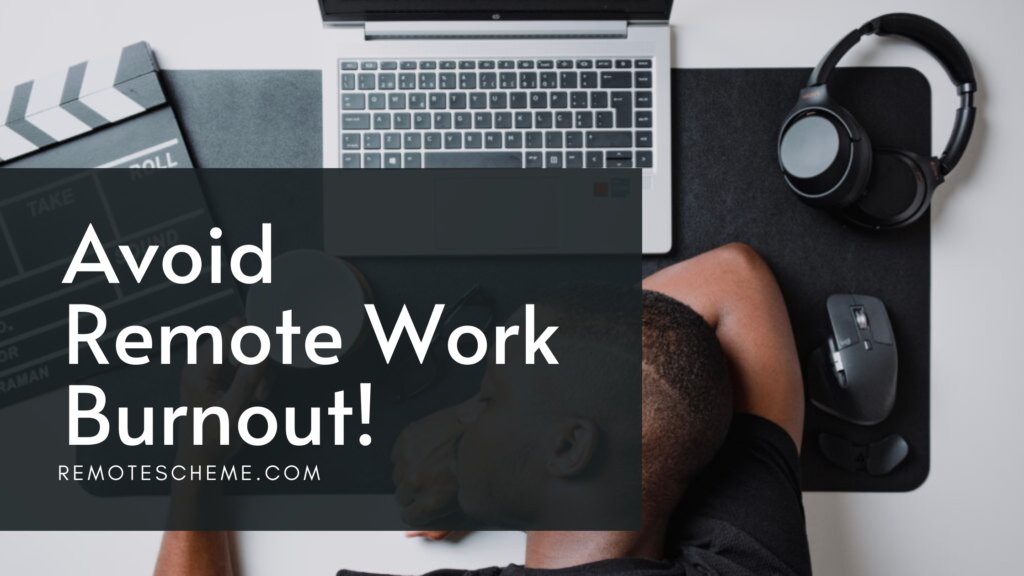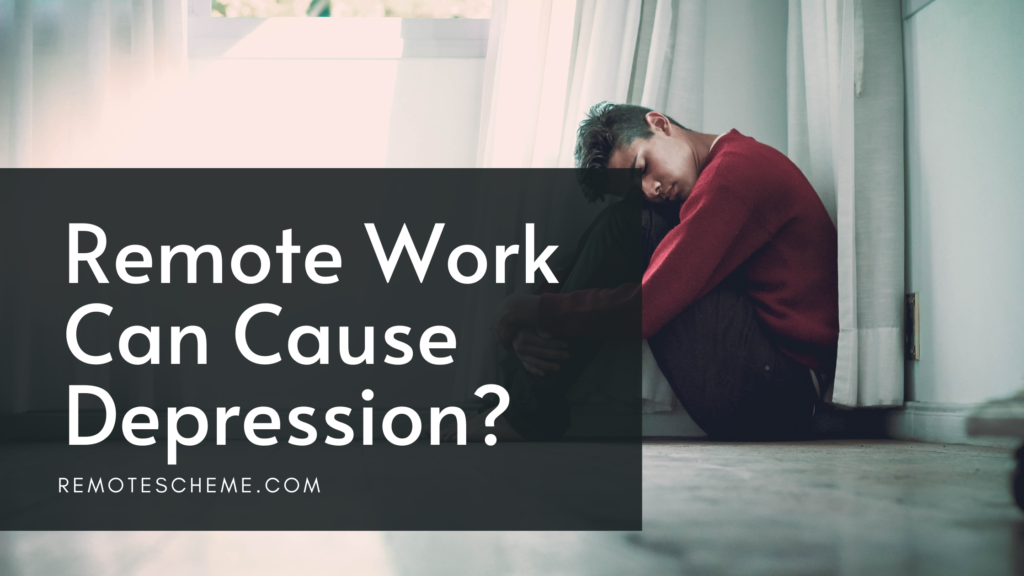Remote working has been a trend since the pandemic kicked in, but is remote work good for your mental health?
Working at home gives sheer joy to many, as this kind of work arrangement means a reduction in things we often complain about: expenses, hassles, and stress.
On the flip side, some workers may experience social isolation and mental burnout.
In this post, we’ll look at the positive and negative effects of remote work on our mental health and the simple things you can do to get away from it.
Benefits Of Remote Work On Mental Health
Here’s how working remotely proves to have a positive impact on an employee’s mental health.
#1. Better Work-Life Balance
Working at home enables you to work at your own pace and set your working hours at a time convenient to you. Hence, it’s easy to organize all your responsibilities, leading to a more balanced work and life schedule.
#2. Fewer Sick Days
Germs and viruses are looming freely in the environment—most rampant in the workplace and commuting areas. Working at home reduces your risk of getting exposed to these threats and avoids the odds of being ill.
When you’re not feeling sick, you can do your job well and won’t feel disappointed about the quality of your work.
#3. Lower Stress Level
Working at home lessens your stress level. You don’t have to wake up too early, worry about what dresses to wear, or go through the hassle of using public transportation.
You’ll have a more flexible work schedule, which will help increase your job satisfaction and lower stress.
Adverse Effects Of Remote Work On Mental Health
Working remotely has some adverse effects on employees’ mental health, which include:
#1. Mental Burnout
Poor mental health and burnout manifest when there’s a lack of workplace inspiration and a supportive environment. The inability to disconnect from work is a common cause, too.
In fact, a study conducted by the McKinsey Health Institute shows widespread symptoms of depression, anxiety, and distress among 15,000 employee respondents.
Such signs may lead the employee to feel demotivated and ineffective at work. This goes to show that a remote work arrangement has a negative impact on mental health.
#2. Social Isolation
Working remotely means fewer random chats and fewer engagements with colleagues. Thus, some employees who aren’t used to this kind of setup up may have a hard time adjusting and may feel isolated.
This impacts the worker’s emotional stability as well as his satisfaction with work.
How To Protect Mental Health When Working Remotely?
Eliminating the negative effects of working remotely is a battle. For you not to lose, shield your mental health by following these tips:
- Organize your schedule to balance your work and life pursuits
- Make time for yourself
- Spend your breaks and days off to unwind—breathe, take a walk, or catch up with friends
- Make some quality time with family and loved ones
Summary
Working remotely improves the overall well-being of employees, as they get away from the daily hassle of traveling to work, gaining more time for themselves.
However, this kind of working style also provides room for social isolation and work dissatisfaction for some workers.




